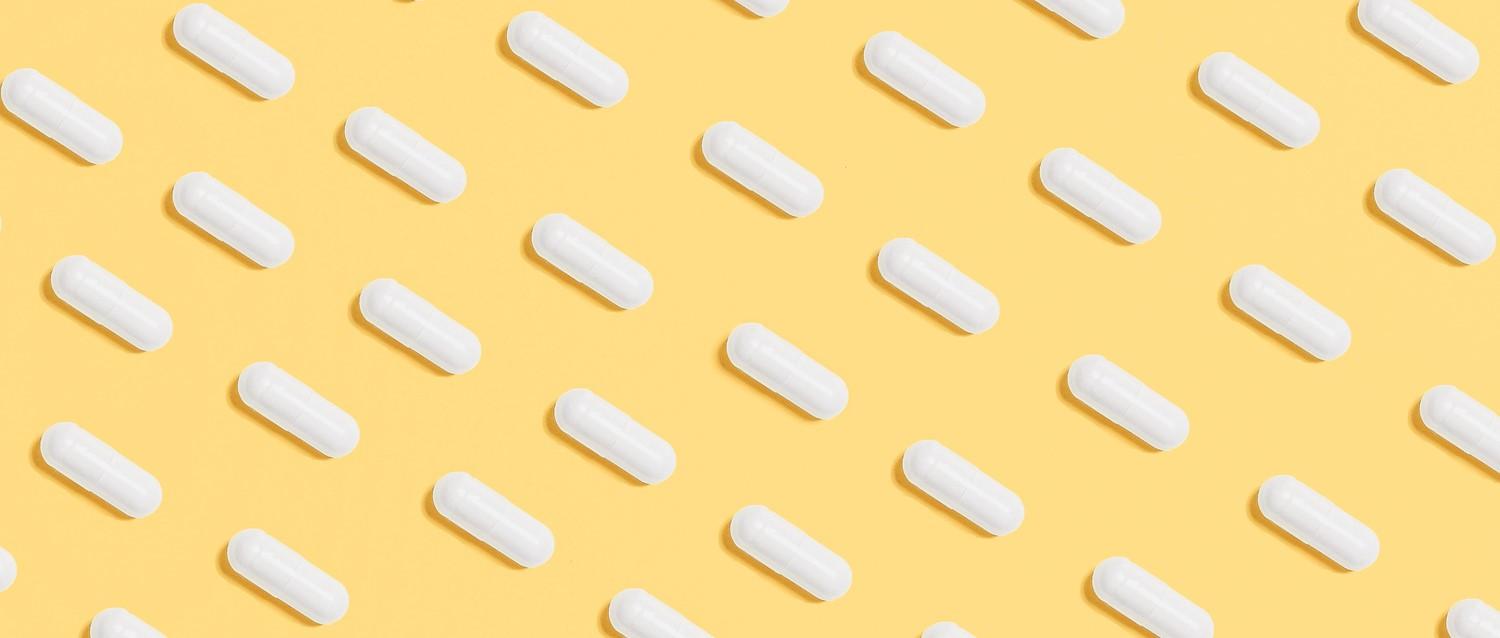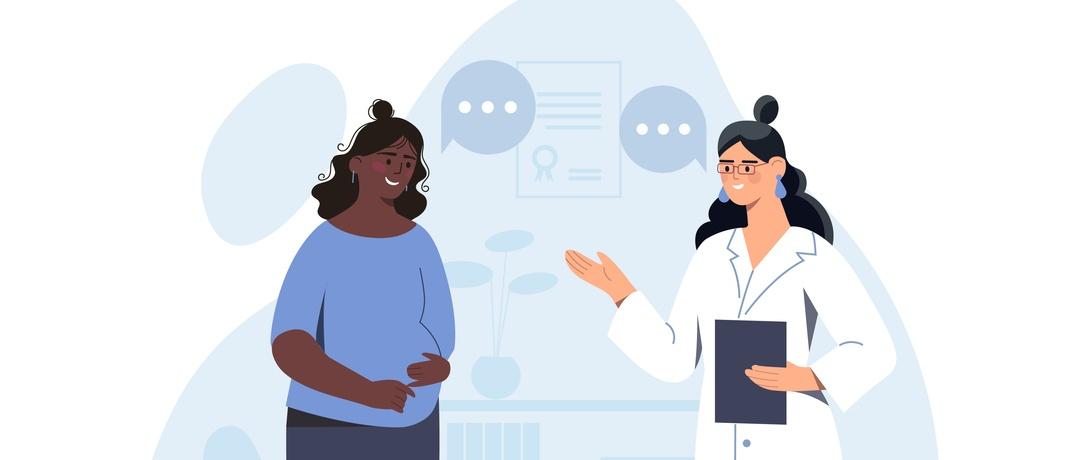
Why are clinical trials important? Four reasons to volunteer
Peer reviewed by Dr Krishna Vakharia, MRCGPLast updated by Lydia SmithLast updated 24 May 2023
Meets Patient’s editorial guidelines
- DownloadDownload
- Share
- Language
- Discussion
Clinical trials of new drugs, vaccines and treatments have allowed us to make huge scientific progress in the last century. Most recently, the development of different COVID-19 vaccines prevented the deaths of an estimated 20 million people worldwide - and helped bring the pandemic under control1. However, none of the research would have been possible without people volunteering for medical studies.
In this article:
Whether it is a new medication, device, therapeutic approach, or vaccination, every medical intervention is thoroughly tested in laboratories. If the treatment looks promising and safe, it is then carefully trialled on people. Clinical trials may involve patients, healthy people or both in order to treat or prevent diseases and conditions.
Although the idea of being in a trial may seem scary, they are strictly regulated and monitored to make sure they are safe. And there are many reasons to volunteer to take part in medical research - from improving care for future generations to accessing new drugs that aren’t yet available to the public.
Continue reading below
Reasons to volunteer for a clinical trial
1: Fulfil a personal interest in science
Clinical trials are vital for advancements in medical treatment. They allow researchers to test new medicines to make sure they’re safe and effective, or to explore new ways of using existing medicines.
For example, clinical trials allowed for the quick development of COVID-19 vaccines and medications. Not only has this saved lives and reduced the risk of Long COVID, it has also allowed people to return to normality.
Professor Ramesh Arasaradnam, academic vice president of the Royal College of Physicians, says: "There is no doubt in my mind that without the work of clinical researchers, more lives would have been lost during the worst of the COVID-19 pandemic. That incredibly challenging time demonstrated just how important research is."
2: Access new treatments
Participants with an illness or disease - or those with a family member who is affected - may want to take part in a clinical trial to help others. Some people may want to participate to receive the newest treatments and to have additional healthcare from clinical trial researchers and medical staff.
If you have exhausted all the standard options for treatment, a clinical trial might offer a new option that could help. All necessary exams, lab work, and medications are typically provided free of charge. If you are living with a long lasting (chronic) disease and standard treatment isn’t working well for you, a clinical trial could be an option that helps.
However, it’s important to remember that you might not get the new treatment. Sometimes, researchers compare a new treatment with a placebo - a treatment that looks the same as medicine but doesn’t contain any. To keep the research fair, neither you nor your researchers can choose which treatment you get. Also, in many cases, you won't know which treatment you got until the trial is over.
3: Earn money
Some clinical trials pay participants for their time - how much you can earn depends on the trial. According to one study of 400 volunteers, the majority (77.5%) reported that their sole reason for participating was for monetary gain2. The fee's paid to participants ranges from expenses to £1,000s.
Even for trials that don’t offer compensation for your time, some trials will reimburse your travel expenses or childcare costs.
4: Learn about research
If you’re studying for a degree in science or medicine, taking part in a clinical trial can allow you to learn more about your health and the research process. You’ll see what happens during a trial and how the study is carried out. And if the treatment being tested is approved, you may end up being a part of medical history.
Further reading
Patient picks for Health research

Health research
A guide to clinical trials
Before a medicine is licensed for use in patients with any illness or condition, it has to go through several stages. Every element is carefully monitored and safety is at the heart of every phase.
by Dr Sarah Jarvis MBE, FRCGP

Health research
How do the clinical trial phases work?
If you're volunteering for a clinical trial, it's important to know what 'trial phase' you'll take part in. Clinical trial phases investigate different aspects of a treatment, work in different ways, and come with their own set of benefits and safety considerations.
by Amberley Davis
Continue reading below
Article history
The information on this page is peer reviewed by qualified clinicians.
24 May 2023 | Latest version
24 May 2023 | Originally published

Ask, share, connect.
Browse discussions, ask questions, and share experiences across hundreds of health topics.

Feeling unwell?
Assess your symptoms online for free
Sign up to the Patient newsletter
Your weekly dose of clear, trustworthy health advice - written to help you feel informed, confident and in control.
By subscribing you accept our Privacy Policy. You can unsubscribe at any time. We never sell your data.